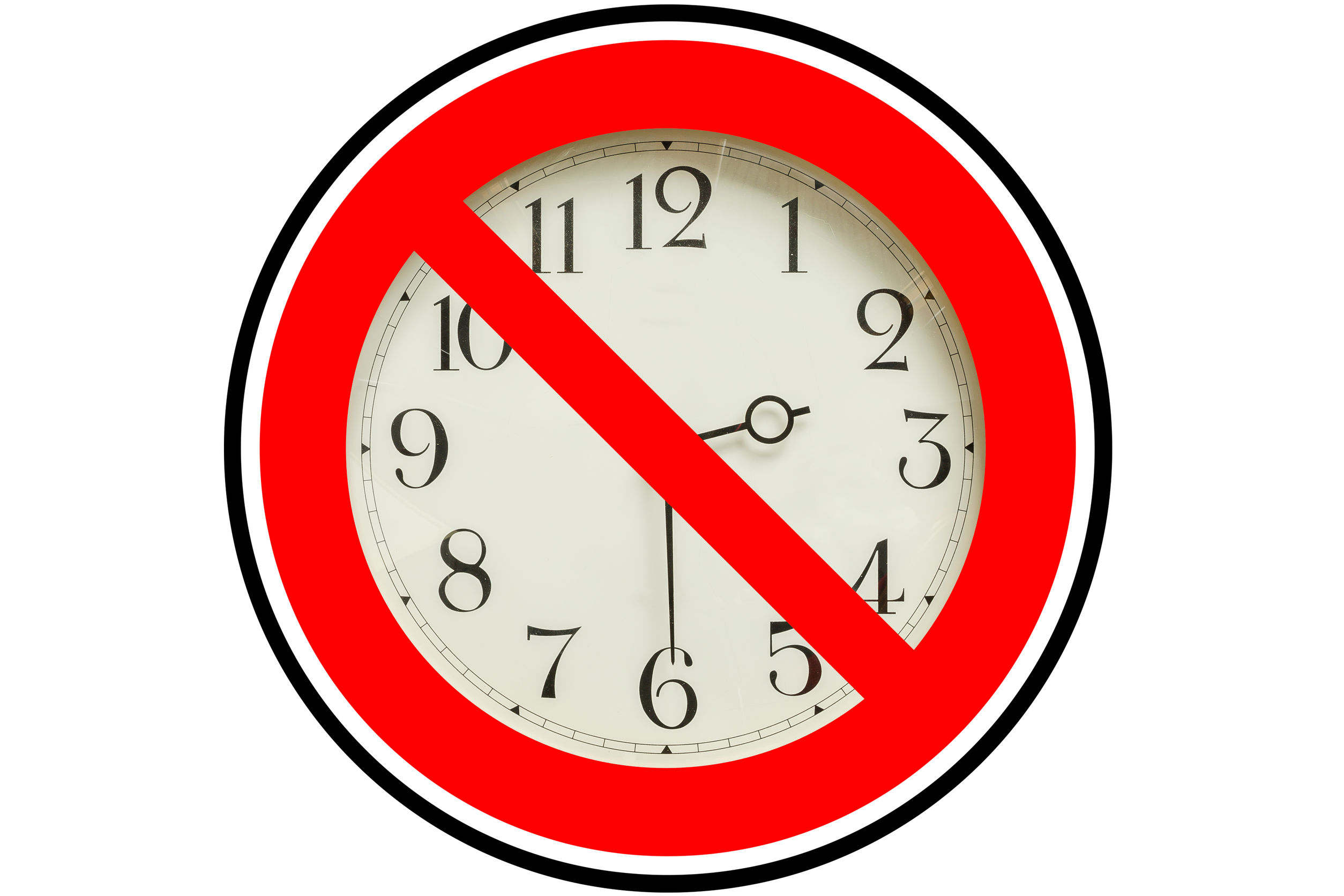As a doctor, do you ever feel like certain health regulations or rules at the facility where you’re working prevent you from providing the best care for your patients? It can be frustrating to not be able to do something for your patient just because the powers that be tell you that you can’t – especially when deep down you know that it would be harmless. For example, perhaps a husband is sitting quietly next to his wife’s bed, holding her hand. Visiting hours are almost up, but you can tell they are not quite ready to say goodbye. What harm would it do to let him stay a little longer? Yet, the rules are the rules, right? Recently, three Cambridge doctors compiled a viewpoint examining what rules are unnecessary or could be eliminated. The viewpoint, published in The JAMA Network, cited that administrative burdens and complexities are rumored to be one of the costliest forms of waste in U.S. health care, “at levels far exceeding those in other nations.” The doctors went to 24 healthcare organizations and asked staff and patients – “If you could change or break any rule in service of better care experience for patients or staff, what would be?” They found 342 different suggestions, but the most common health regulation patients and providers wanted to scrap were visiting hours in hospitals.
 Visiting Hours: Bogus health regulations?
Visiting Hours: Bogus health regulations?
Visiting hours, or policies that restrict visitors’ time with patients, were the top thing that both patients and providers mentioned as something they would like to see removed from health regulations. Did you ever wonder why there are visiting hours when hospitals never close? In America, it’s something that has always been done, and most likely the thought process behind it is that visiting hours help with security in hospitals. Yet, a 2012 study at a New Jersey hospital found that expanding visiting hours actually had a positive impact, because fewer patients called for staff. The study also found that there was no difference in the number of security issues reported.
In fact, allowing visitors at the hospital around-the-clock made patients happier, which makes sense if you think about it. For example, don’t you feel like sometimes patients are calling for hospital staff more frequently at night, not because they need medical attention, but because they are lonely? Having family members around makes the hospital feel less like an institution and helps patients feel less isolated during their stay.
The New Jersey Hospital, Morristown Medical Center, studied visiting hours for about eight months, from March 2012 through October 2012. During that time, 14,444 visitors came through “after hours,” so between 8 p.m. and 5 a.m. Both patients and staff were fine with it, and hospital operations didn’t change. Many hospitals in Europe are already doing 24/7 visiting hours. Of course, there are some things that need to change – for example, some hospitals don’t leave as many doors unlocked during those hours so that it is easier to keep track of who is coming in and out of the building, and where they are going.
So, what are your thoughts on visiting hours? Keep them, or write them off as unnecessary health regulations?
Some other items that made the list of bogus health regulations include unnecessary interruptions to patient sleep throughout the night, duplicate paperwork, HIPAA regulations, and misunderstandings that lead to delays and communication issues.
